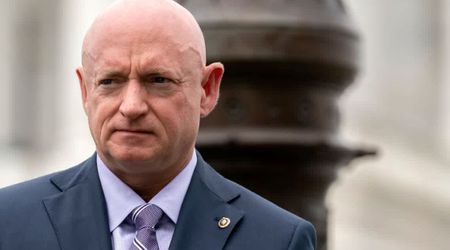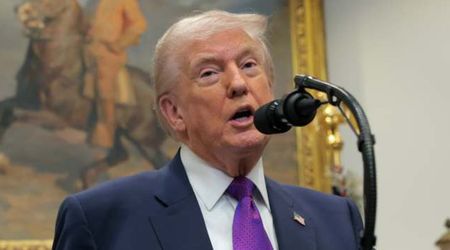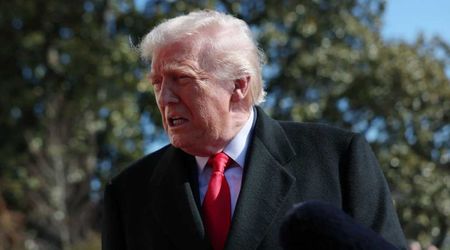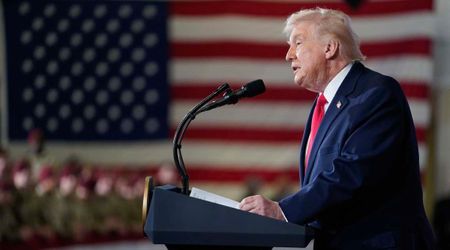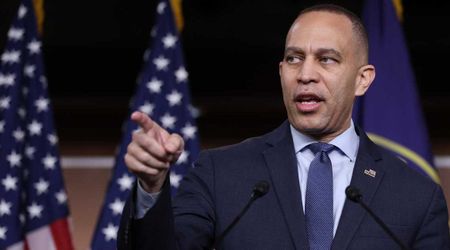7 US presidents who faced health problems while in office: From John F Kennedy to Joe Biden

Presidential health struggles: A look at illnesses in the Oval Office
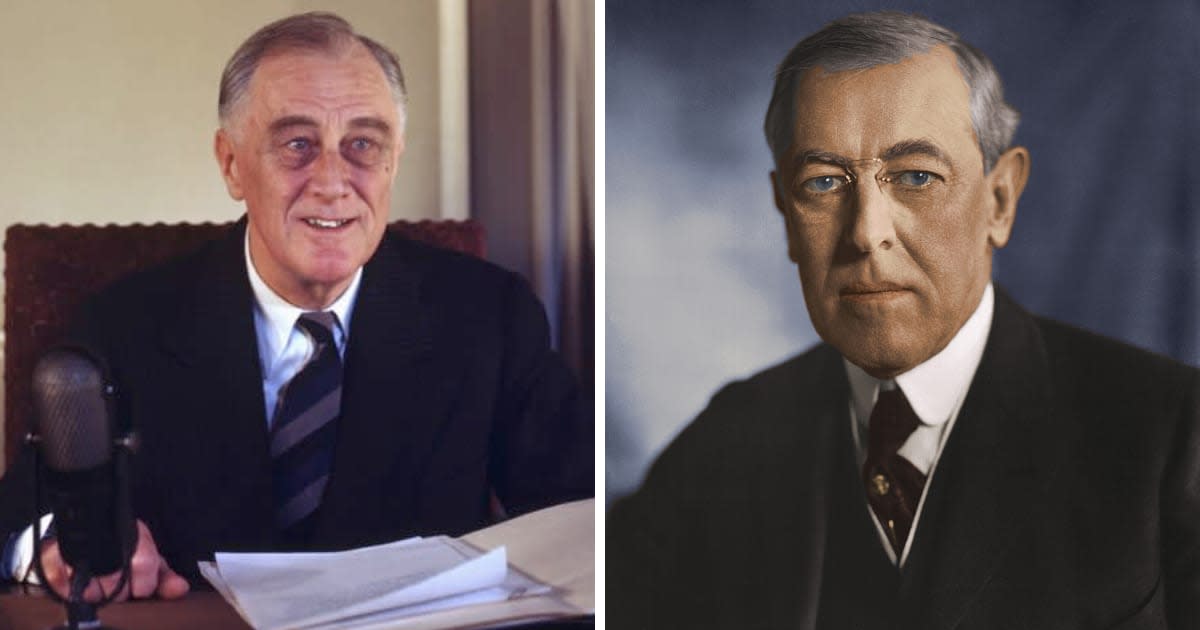
The job of the President of the United States is one of the most demanding in the world, often exerting immense pressure on both the physical and mental health of those who are in charge. Over the years, many serving POTUS' have faced significant health challenges while in office. While some were publicly known, others preferred to keep their struggles under wraps. Here, we explore the health issues of seven US presidents, from John F Kennedy to Joe Biden.
1. John F Kennedy

John F Kennedy’s health issues began in childhood with illnesses like scarlet fever, diphtheria, and asthma. However, his most serious condition was Addison's disease, a rare and life-threatening disorder where the adrenal glands do not produce sufficient hormones. Diagnosed around age 30, JFK's doctor initially gave him less than a year to live. Despite this prognosis, he managed his condition with regular steroid treatments until his assassination in 1963, 15 years later.
2. Abraham Lincoln

Abraham Lincoln's unusually tall and lanky physique has puzzled historians and medical researchers for years. A modern theory suggests that the 16th POTUS may have had multiple endocrine neoplasia type 2B (MEN 2B), a hereditary condition affecting hormone-producing glands. This disorder can cause various health issues, including problems with muscles, joints, and the digestive system, and may also lead to cancer. Lincoln's presidency was tragically cut short when he was assassinated in 1865.
3. Franklin D Roosevelt

Franklin D Roosevelt contracted polio at age 39, long before his presidency, which left him paralyzed from the waist down. The extent of his disability was largely concealed from the public, thanks to the efforts of the Secret Service and careful image management. Eleanor Roosevelt remarked that polio "gave him strength and courage he had not had before," suggesting that the struggle may have bolstered his resolve. During his second term, Roosevelt also dealt with hypertension and heart disease, which significantly impacted his health and ultimately led to his death in 1945.
4. Ronald Reagan

Ronald Reagan faced multiple health challenges during and after his presidency. While in office, the 40th president underwent successful treatments for colon cancer in 1985 and skin cancer in 1985 and 1987. In 1994, five years after leaving office, Reagan announced he had been diagnosed with Alzheimer's disease, a condition that gradually eroded his memory and cognitive abilities. Reagan died in 2004 due to complications from Alzheimer's and pneumonia, a common issue for dementia patients.
5. Woodrow Wilson

Woodrow Wilson's health problems were largely kept from public view, but his presidency was dramatically affected by a major stroke in 1919. It left the 28th president physically and emotionally impaired, significantly disrupting his ability to govern. Despite his severe condition, Wilson and his administration attempted to downplay the extent of his ailment. His wife, Edith Wilson, took on a significant role in managing his affairs, leading some to describe her as a de facto acting president during his recovery.
6. Grover Cleveland

Grover Cleveland faced a serious health crisis during his second term when he discovered a bump on the roof of his mouth, which was found to be malignant. Fearing a political fallout, Cleveland opted for a secret surgery aboard a friend's yacht. The procedure was conducted by a team led by his physician, Robert O'Reilly, with the assistance of a dentist acting as an anesthesiologist. They removed the tumor, five teeth, and a portion of the president's upper left jawbone. Cleveland's health issue remained undisclosed to the public for years, preserving his political standing.
7. Joe Biden

President Joe Biden, the oldest president in US history, has faced scrutiny regarding his health. After his latest medical examination in February, his physician, Dr Kevin O'Connor, declared the incumbent "fit for duty" with "no new concerns." Biden continues to manage several chronic conditions, including atrial fibrillation, for which he takes blood thinners, gastroesophageal reflux, hyperlipidemia, and sleep apnea, for which he uses a CPAP machine. He also undergoes routine skin cancer surveillance and has had several localized, non-melanoma skin cancers removed before his term began. Moreover, Biden experiences a stiffened gait, which has not worsened since his last examination, though he has noted tighter hamstrings and calves.

